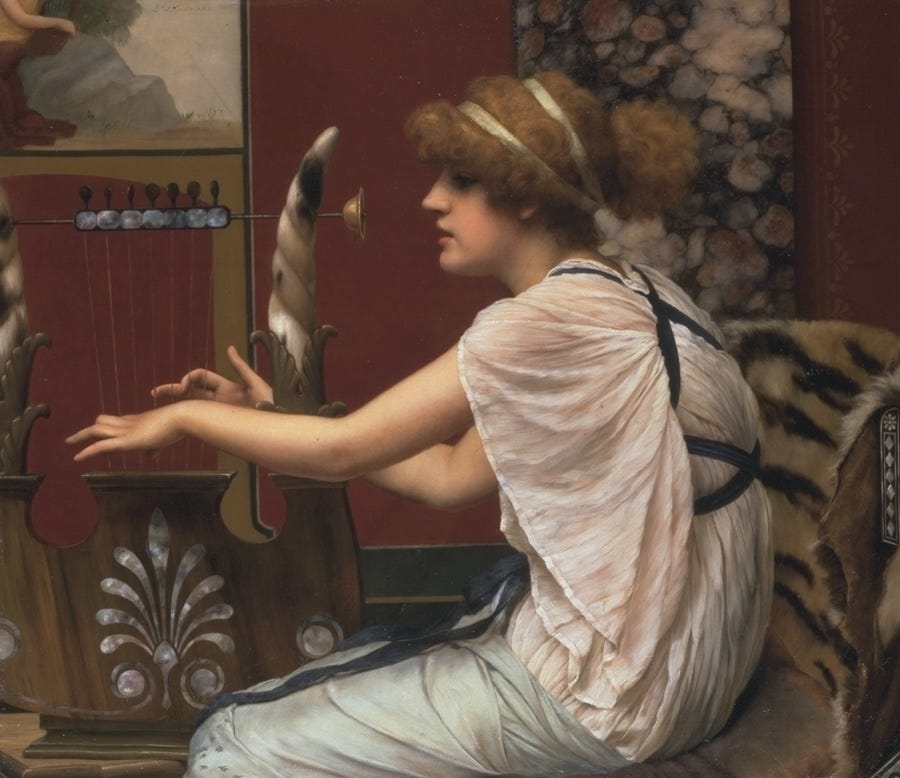Sound & Sense: An Open Thread
The first of a regular opportunity to learn what others are reading — and writing

Well, it ain’t a personal favorite, but Archibald MacLeish (1892–1982) did give us “Ars Poetica,” a 1926 free-verse work that is perhaps the best-known American poem about poetry: “A poem should not mean / But be,” he famously concludes.
I have a theory (although theory is probably too grand a word; suspicion might be better) that general pronouncements about art are true exactly to the extent that their opposites are true. Thus, for example, “There is no ‘must’ in art because art is free,” said the painter Kandinsky, and fair enough — but it’s equally fair to note that art is created within its medium and more constrained than many other human activities. All art is revolutionary is as true, and false, as All art is reactionary. And maybe, as MacLeish says, a poem should not mean but be — that a poem is akin to something “palpable and mute.” Just as true, however, is that language must mean to be in the first place.
So, w…
Keep reading with a 7-day free trial
Subscribe to Poems Ancient and Modern to keep reading this post and get 7 days of free access to the full post archives.

